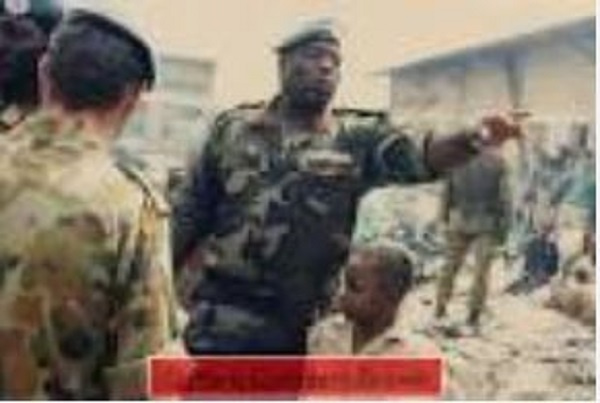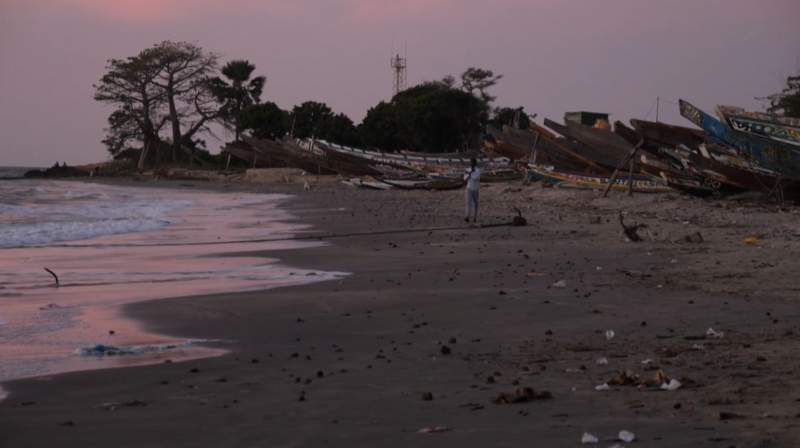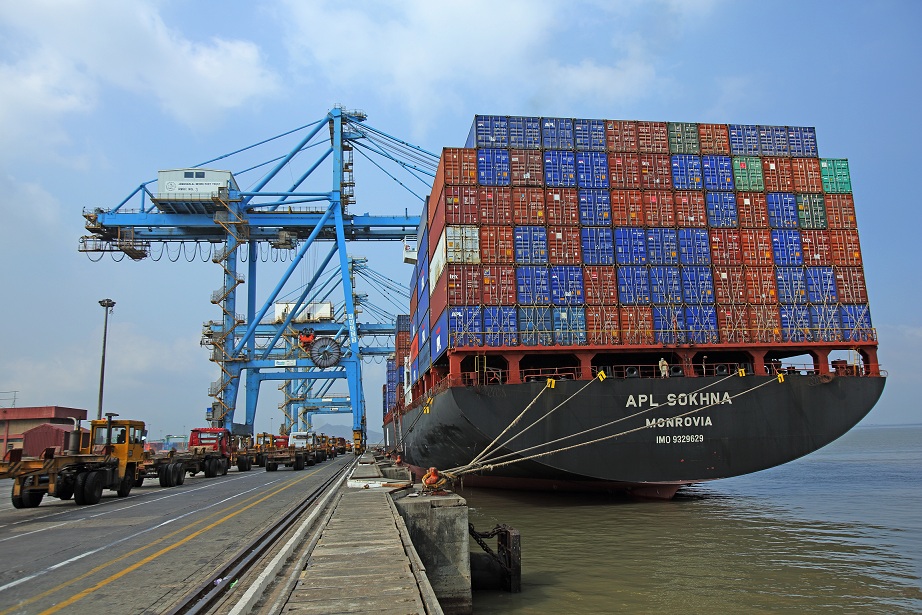How Koku Anyidoho’s father, 457 Ghanaian soldiers stayed to save over 30,000 lives during Rwanda genocide

According to reports, everyone on board the plane died.
People attributed the demise of the two Hutu presidents to the genocide attacks that happened in Rwanda in 1994.
Roadblocks after the shooting of Rwandan President
Narrating what transpired at the time on Citi TV’S Foot Print programme and monitored by GhanaWeb, Retired Army General, Major-General Henry Kwami Anyidoho said he and his team had to ply a different route to the military headquarters as all roads from the airport to the venue were blocked.
He noted that he was appointed the Contingent Commander – the officer in charge of looking after all Ghanaians on the field, including military observers and battalions he commanded at the time.
Getting a call from New York and withdrawal of troops
Former Major-General Henry Kwami Anyidoho noted that he received a call from New York directing for the withdrawal of troops from the mission.
The mass killing of people in Rwanda, he said, led to the withdrawal of Bangladesh and Belgium military men.
He also noted that 10 Belgium soldiers lost their lives in the genocide killings.
“There were three battalions in the mission, one from Belgium, one from Bangladesh and one from Ghana. The Bangladesh and Belgium battalions quickly decided to leave the mission because of killings and they had murdered 10 of the Belgium soldiers very early morning of the 7th. These were troops that were guarding the Prime Minister’s house,” he said.
“I received a call from New York that the way the fighting was ongoing and our tops were not yielding any results so they were planning on withdrawing so I answered the person who spoke to me from New York and said who are you to close the mission. People are dying here. Do you mean we are going to abandon the mission and the people of Rwanda? No, this is not right.”
Ghanaian soldiers are staying to save lives
He responded to inform the caller that Ghanaian soldiers were not retreating though he was not in the position to do so.
According to him, he quickly placed a call to tell whoever was in charge of the decision he took amidst the mass killings, including military men in Rwanda.
“…We are not going anywhere. By then, I had not sought for permission from home at all but I assured him…. So I did and told them we were going to stay because the other two battalions were going and if we were to leave, they were just going to slaughter everybody. Fortunately, we got the approval back.” he said in the interview monitored by GhanaWeb.
Witnessing the rate at which people were dying, he took the decision to ensure Ghanaian soldiers stayed to complete the task of saving lives before they returned home – Ghana.
He said inasmuch as these Ghanaian soldiers were at the forefront and had their lives more exposed, the peacekeeping mission neended to end successfully.
The Ghanaian troops were in the military zone between the government forces and Rwandanis Patriotic Army, he pointed out.
Though some men died while on the peacekeeping mission, others survived and returned to Ghana.
Former Major-General Henry Kwami Anyidoho noted that the wreckage of the plane was found in the deceased’s presidential house and up to date, no one knows how that happened.
UN reduces the number of soldiers on Rwanda mission
As many military men lost their lives in the bid to save others, the United Nations withdrew the number of soldiers on the mission.
The action, Mr Anyidoho felt was wrong as that was the time they needed reinforcement.
He stated that the UN wanted to cut the number of soldiers operating at 212 but the Ghanaian contingents kept about 458 officers to stay on the battlefield.
“They wanted to reduce the number to 212 but we kept the number to about 458,” he said.
Relationship with Rwandan government
The Rwandan government, he said have been forever grateful to Ghana for their support to save lives in April 6, 1994.
“They thought that without Ghana, things could have been worse,” the ex-Major-General said.
Background
According to history.com, during the 1994 Rwandan genocide, members of the Hutu ethnic – majority in the east-central African nation of Rwanda murdered as many as 800,000 people, mostly of the Tutsi minority.
Started by Hutu nationalists in the capital of Kigali, the genocide spread throughout the country.
By the time the Tutsi-led Rwandese Patriotic Front gained control of the country through a military offensive in early July, hundreds of thousands of Rwandans were dead.
About 2 million Rwandans fled the country during and immediately after the genocide.




